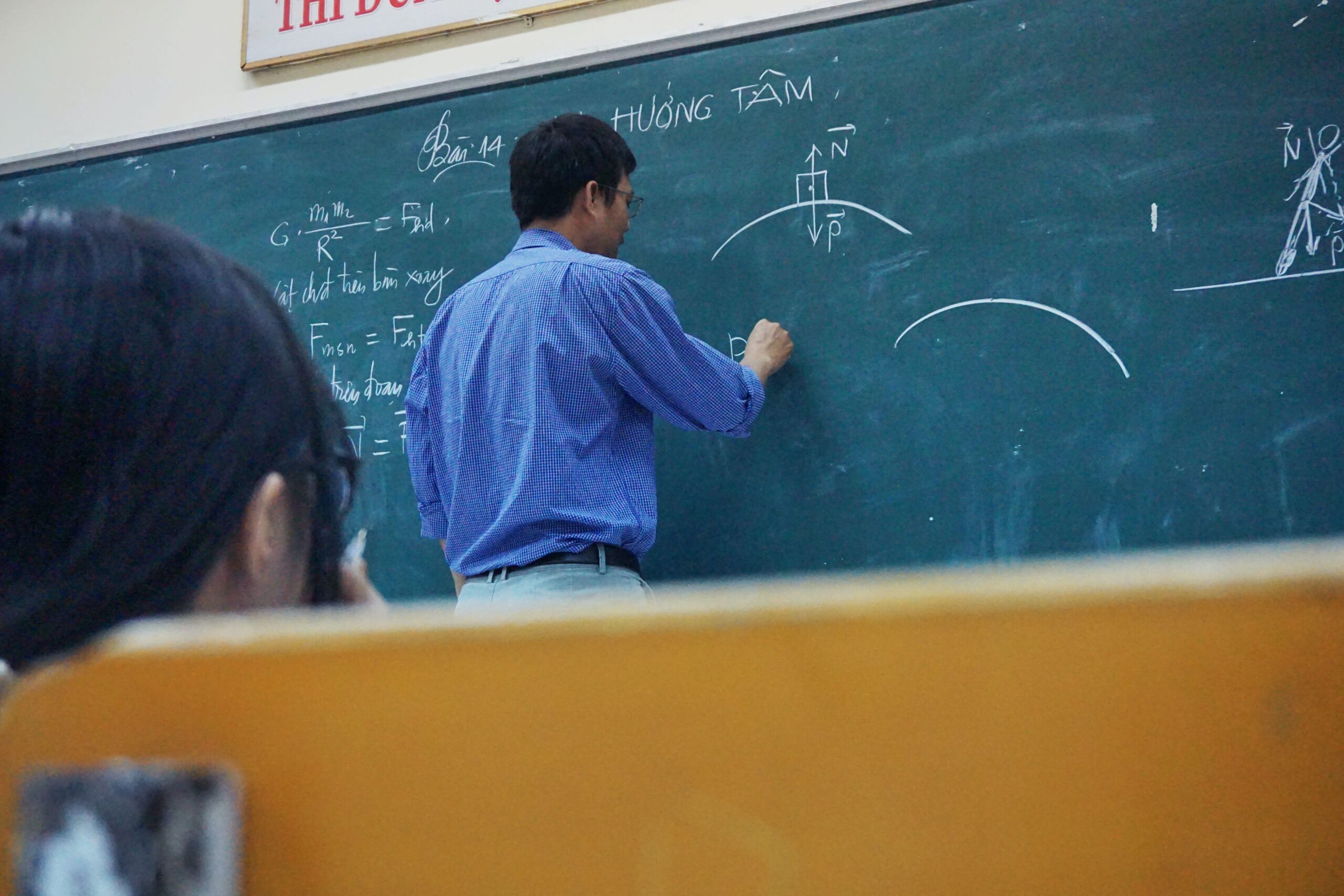Columbia to Launch New Global Center in Tel Aviv has announced plans to launch a new Global Center in Tel Aviv. This will join existing centers in Amman, Athens, Beijing, Istanbul, Mumbai, Nairobi, and Paris.
95 faculty members signed an open letter against the center, citing Israel’s far-right government and its judicial reforms, which have provoked street protests.
The Center’s Initial Priorities
As for the specifics, the center would be part of Columbia’s Global Centers program, which offers research hubs in “intellectually rich and challenging locations.” The university has centers in Beijing, Rio de Janeiro, Paris, Mumbai, and other places. They’re devoted to things like climate change, technology, entrepreneurship, arts, the humanities, biology, and health.
In February, law professor Katherine Franke began circulating an open letter opposing the Tel Aviv center due to the Israeli government’s policies and treatment of Palestinians. It had 95 faculty signatures as of Tuesday morning, though a competing letter has 171 signatories in favor of the plan.
Franke and her co-signers argue that Israel’s government is “refusing to abide by international human rights laws and norms both internally and in its treatment of the Palestinian people.” They also say they believe it’s inappropriate to single out Israel, arguing that Columbia has established Global Centers in countries with worse records, such as China or Russia.
The Center’s Vision
Columbia’s Global Centers are research hubs that promote the university’s international presence and do not offer for-credit classes. The Tel Aviv facility will join the ranks of Columbia’s existing centers in Amman, Jordan; Athens, Greece; Beijing; Istanbul; Paris; Mumbai; and Nairobi.
The upcoming center in Tel Aviv will focus on climate change, technology and entrepreneurship, and aspects of arts and humanities, biology, and health and medicine, according to Columbia’s media release. The university also plans to develop collaborative field courses involving Columbia students, faculty and partners in Israel.
Law professor Katherine Franke has circulated an open letter opposing the new center, signed by 95 faculty members as of this writing, in part because of Israel’s far-right government and policies that have led to protests in the country. She argues that Columbia is singling out Israel for criticism, while ignoring the human rights records of the other countries where the school has Global Centers. The university has countered that it is a “university that believes in and stands for academic freedom.” It is reiterating its commitment to the project.
The Center’s Location
The decision to open the center in Tel Aviv is a part of Columbia’s larger effort to expand its Global Center program, which has already launched centers in Beijing, Athens, Paris, Mumbai, and Istanbul. Its purpose is to “link students and faculty with local universities and organizations in intellectually rich, and often challenging, locations.”
Law professor Katherine Franke has circulated an open letter opposing the new center, attracting 95 Columbia faculty signatures. In a statement cited by the student-run Columbia Daily Spectator, she expressed “substantial concern about the power of donors to direct major decisions, including the establishment of this Center in Tel Aviv” and said she had not been consulted on the project.
But many professors have written their own statements supporting the decision, saying that it is unreasonable to single out Israel for criticism, given that other countries with Columbia centers have worse human rights records than the Jewish state. Among those who support the plan are Ester Ruch, a political science professor; Nicholas Lemann, dean of Columbia Journalism School; David Schizer, a law professor; and Matthew Waxman, a historian.
The Center’s Mission
In addition to serving as a research hub, the new center will link Columbia faculty and students to Israeli academic institutions in the fields of climate change, technology, entrepreneurship, arts, humanities, biology, and health. Columbia already has a presence in Israel through dual degree programs with Tel Aviv University and a partnership with its School of Nursing.
The letter against the center argues that it “singles out Israel as being beyond criticism” and asks why the university’s other Global Centers are not similarly subject to scrutiny for their ties to countries with poor human rights records. The college has centers in Beijing, Athens, Istanbul, Rio de Janeiro, Paris, Nairobi, and other cities.
Faculty who support the Center argue that one can oppose the policies of the current government while supporting the center’s construction. They also say that the decision shouldn’t be determined by political considerations. They also point to a list of Columbia scholars who have been critical of the Netanyahu government’s actions but still supported the building of the Tel Aviv center.


